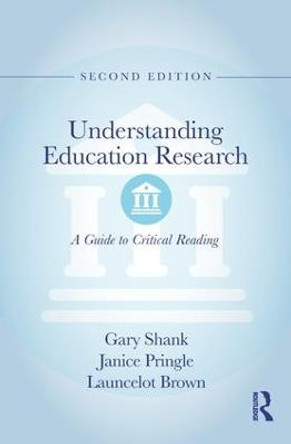Description
If you're studying education much of what you do is informed by educational research but how do you interpret it effectively? How do you judge whether results are valid or relevant?
This is the perfect guide to engaging with educational research. It explores how to read journal articles critically; what key academic terms really mean; different approaches to educational research, how they are used and what they aim to uncover, and how high quality findings can be meaningful for teaching and learning.
Supported by examples that demonstrate the use (and misuse) of research in education, this is your essential guide to understanding and effectively using research.
About the Author
Dr James Williams is a Senior Lecturer in Education in the School of Education and Social Work at the University of Sussex. James initially studied Geology at the University of London and subsequently trained as a science teacher. He taught secondary science in North London (Enfield), South London (Croydon) and Surrey. He has been involved in initial teacher education and training for over twenty years and also teaches on various undergraduate and postgraduate education programmes. His research interests currently entail understanding the place and teaching of 'The Nature of Science' and 'The Scientific Method' in the school curriculum. In particular, what do teachers understand about these concepts and ideas? Linked to this work he also researches the teaching of evolution in science and the place of creationism in a school based context. He has published a number of successful textbooks in science for Key Stage 3 children as well as authoring articles in international education journals and a book on teaching the nature of science.
Book Information
ISBN 9781526459251
Author James Williams
Format Hardback
Page Count 192
Imprint Sage Publications Ltd
Publisher Sage Publications Ltd
Weight(grams) 550g





